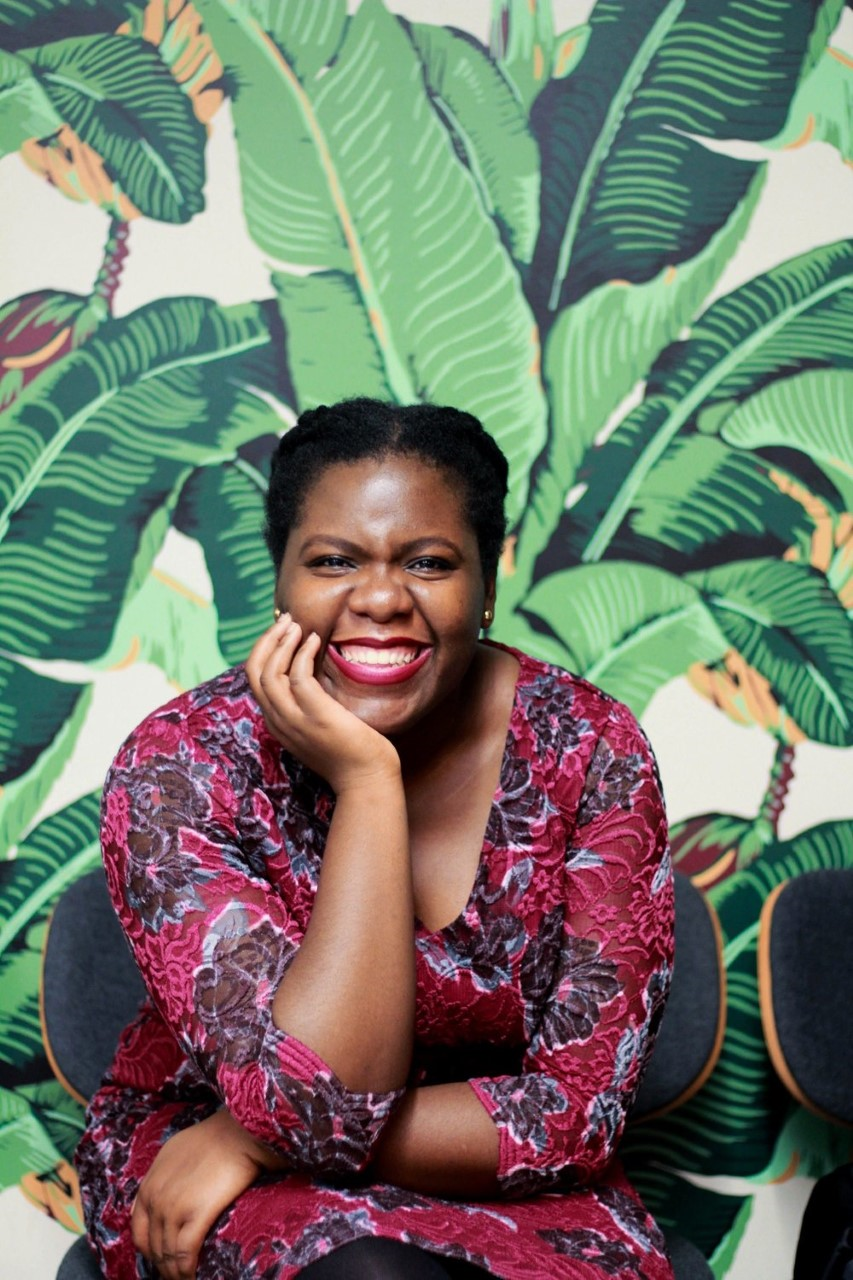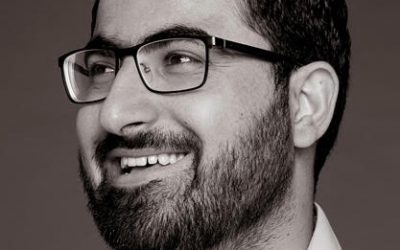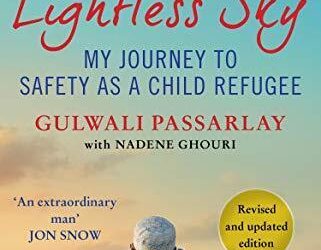Migrants often have a strong drive to succeed, fuelled by their aspirations for a better life for themselves and their families. TGIUK spoke to Bayo, who explains the reason for her success and the challenges along the way.
Thanks for agreeing to be interviewed by TogetherintheUK. Every month, we look at different themes that impact on migrants and this month and as it’s the start of the new decade, we are looking at new beginnings.
We would like to know about how you created your enterprise in the UK and also a bit about your experience of migrating to the UK.
So, first of all, could you tell us something about your enterprise: what does it do, what are its goals and what are your plans for the future?
Do it Now is an open innovation organisation driven by the desire to bring social empowerment to black communities across the globe.
We bring entrepreneurs, startup teams, social innovators, investors and
philanthropists together to tackle tough issues, solve problems and develop black communities in underserved geographies around the world.
We are creating a world in which every black person has access to the tools and resources they need to build a better life for themselves.
In an article in the Economist before Christmas, the author said that migrants spot opportunities that others might miss – do you think that happened to you and if so, can you tell us what gap you spotted? How did you come up with the idea?
I was inspired to do something because of the hardship that I had experienced as a migrant in the UK. I recognised the problems I faced were faced by so many other people in my situation. I don’t think people missed the opportunity to empower disenfranchised people, it just takes someone with lived experience of that disenfranchisement to decide that the mission of their life is to fix it.
We know it can be challenging to set up a business in another country, as youdo not have a network you have built over a long time and the culture may be difficult to understand. What challenges have you faced?
There is no bank of Mum and Dad. Without the financial support of your parents, starting a business is a much riskier endeavour. Not having that net to fall back on has been difficult.
What did you find straightforward about setting up the enterprise?
Finding people that wanted to support what we are doing was relatively easy – not always the people you really need (people with money and power), but the disenfranchised people we are trying to support get it and they support us as much as they can.
What do you wish you had known at the start?
I wish I had thought of the problem I am trying to solve in the context that I do now – we are addressing systems, infrastructure, privilege, a lack of transparency, a lack of opportunity, an obfustication of the issues that black people face on a day to day basis because they aren’t in the majority, we are fighting being erased from the future of everything because we aren’t being given enough power today to determine the future for ourselves.
What advice would you give to anyone migrating to the UK who is looking to set up an enterprise?
- Make sure you care enough about the problem that you’re willing to go
through all the difficult days that are to come, because there will be many. - live in a city, the more diverse the better. Its much easier to get help and
access business support in diverse areas as a person of colour.
If anyone reading this wants to use your service, what should they do?
Go to the website – www.doitnownow.com
Now a bit about you and your experience of migrating to the UK:
I moved to the UK with my mum because she wanted my brother and me to have the best chance at a world-class education.
The migrating part was fine, the settling in and addressing the ideas of Africa that the media and Comic Relief had made the primary perspective of an entire continent, was difficult to overcome.
What surprised you when you came here?
I didn’t really have any expectations when I got here. I was too young to really think of it as anything more than an extended holiday in a foreign country. I don’t know that I ever really stopped thinking of it like that.
I was surprised by how migrants are treated by the Home Office. More than
surprised, I was shocked, appalled and frightened to think what my mother must have gone through when I wasn’t looking.
What do you wish you had known?
I wish I had known that I didn’t have to be here. My mother made a decision for me. As an adult, I don’t think I would have made the decision for myself. I trusted that the sacrifices we were making were worth it, but I don’t know that they were. If I could go back to my ten-year-old self, I would beg to move back to Nigeria.
What advice would you give to anyone migrating to the UK in creating their life here?
Everyone’s life is different, and their access and experiences will be too. Rather than advice, I’ll say this – I hope you find your happiness here.







